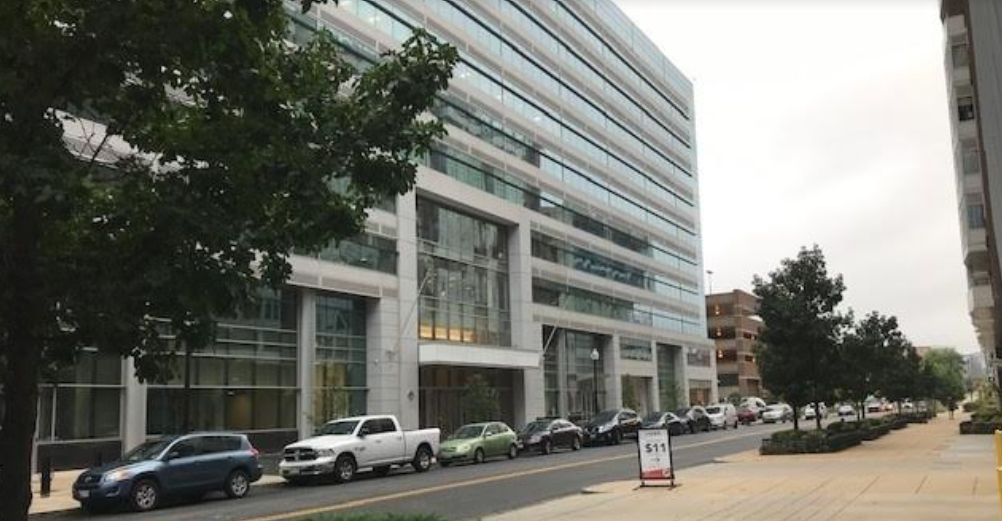FCC Officially Restores Pai Broadcast Dereg
But seeks comment on regulatory path forward for media ownership

The smarter way to stay on top of broadcasting and cable industry. Sign up below
You are now subscribed
Your newsletter sign-up was successful
The FCC has officially restored the deregulatory media ownership order adopted by the Republican majority under former chairman Ajit Pai, a decision reversed by an appeals court before that reversal was reversed by the Supreme Court. But the FCC is also seeking comment to "update the public record" on media ownership for the next quadrennial review of those rules as mandated by Congress.
That could give the Democratic-controlled FCC an opening to re-regulate broadcasters if the record suggests to them that is necessary.
Also Read: Supreme Court Overturns Third Circuit Smackdown
But for the time being, the rules preventing newspaper/broadcast cross-ownership and radio/TV cross-ownership are eliminated, as is the rule making TV joint sales agreements (JSAs) attribution as ownership. The local TV and radio ownership rules are reinstated, as are the standard for eligible entities and the incubator program, both diversity related measures.
The FCC actually closed the formal comment period on its delayed 2018 Quadrennial Review two years ago, but the Media Bureau, in opening up a new comment period, said: "The 2018 Quadrennial Review proceeding has generated, and continues to generate, significant interest, including through the submission of additional information even after the initial comment period has ended. Accordingly, we ask commenters to take this opportunity to update the record in the 2018 Quadrennial Review proceeding, including with regard to the diversity-related proposals cited therein."
Also Read: Supremes to Hear Broadcast Dereg Case
Among the issues the FCC wants comment on are the impact of online revenues and "How, if at all, should the Commission consider recent trends regarding access to, or usage of, broadband Internet service or other technologies in conjunction with the media ownership rules?"
The smarter way to stay on top of broadcasting and cable industry. Sign up below
It also wants to know how COVID-19 has impacted the proceeding, pointing out that while it has obviously had an impact on TV and radio ad revenue, retrans revenue continue pretty much apace. "[D]espite MVPD subscriber declines, “retransmission consent revenue earned by major station groups increased in both the first and second quarters of 2020 by nearly 20% compared to the first and second quarters of 2019,” suggesting that retransmission consent revenues for television stations “have not been meaningfully affected by the COVID-19 pandemic," the bureau said.
Contributing editor John Eggerton has been an editor and/or writer on media regulation, legislation and policy for over four decades, including covering the FCC, FTC, Congress, the major media trade associations, and the federal courts. In addition to Multichannel News and Broadcasting + Cable, his work has appeared in Radio World, TV Technology, TV Fax, This Week in Consumer Electronics, Variety and the Encyclopedia Britannica.

